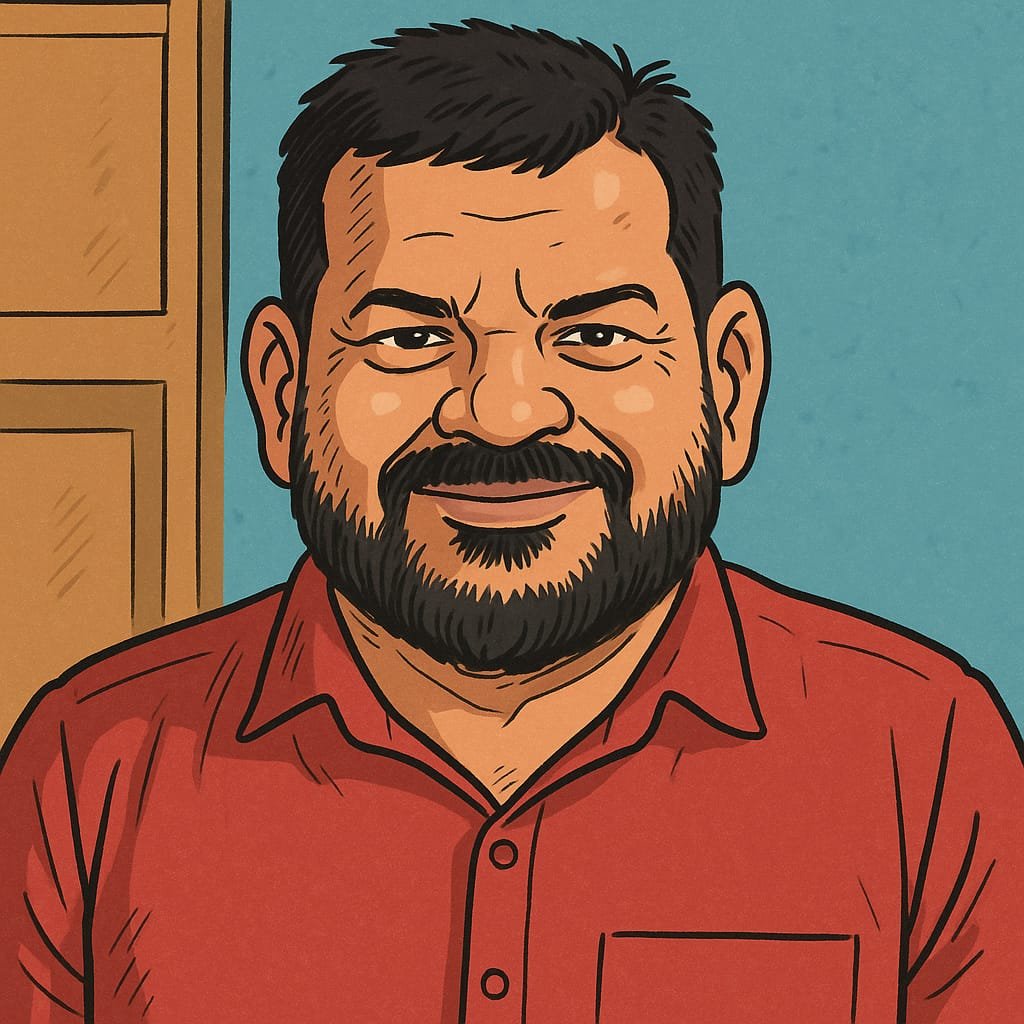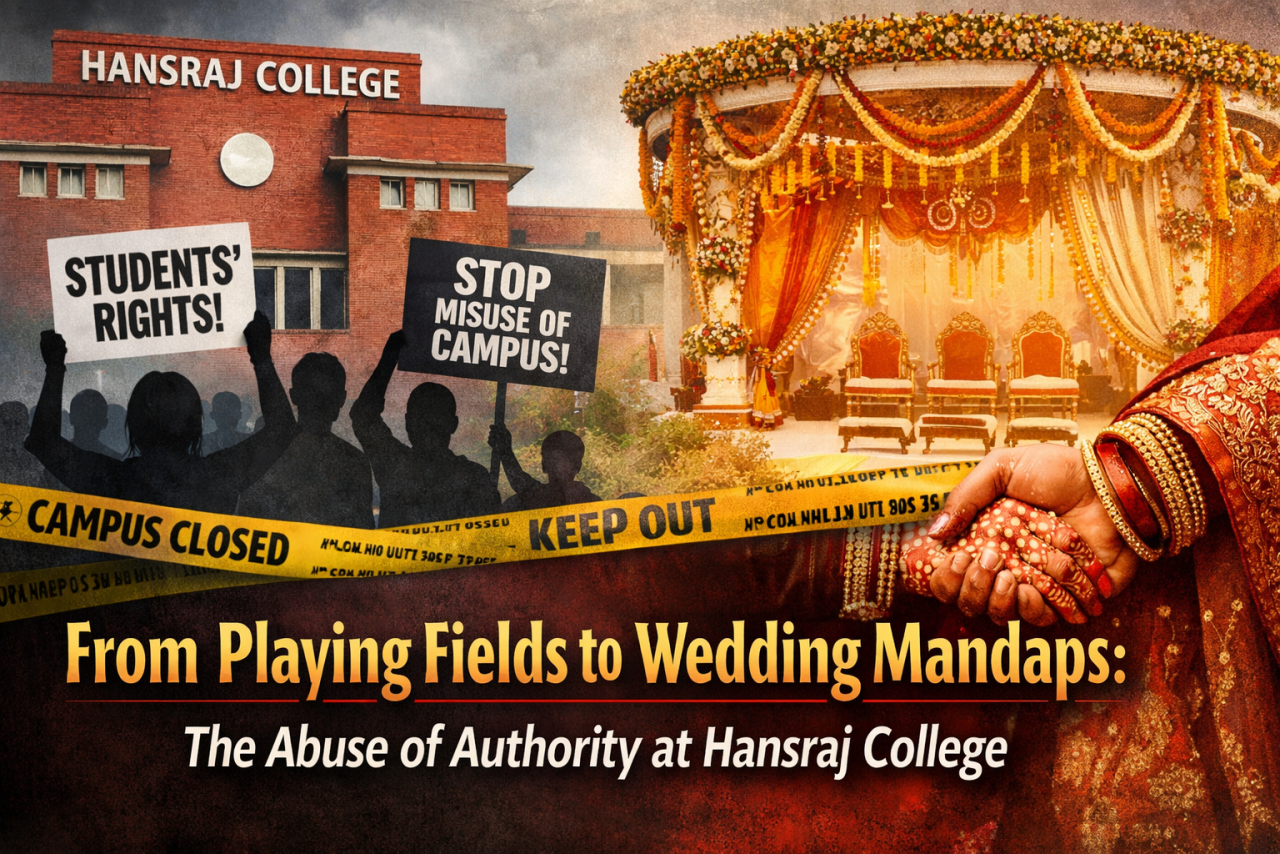
When the law knocks, power often answers with silence. In India, where justice is constitutionally blind but politically cautious, some names seem to slip through the cracks no matter how grave the charge. The recent closure of the POCSO case against Brij Bhushan Sharan Singh—BJP MP and former chief of the Wrestling Federation of India (WFI)—isn’t just a procedural outcome. It reflects a larger pattern in Indian politics: a justice system that halts at the doorsteps of the powerful.
On May 27, 2025, a Delhi court shut down a case filed under the Protection of Children from Sexual Offences (POCSO) Act against Singh. The closure followed a Delhi Police report claiming no corroborative evidence was found. The case had stemmed from a complaint by the father of a minor female wrestler who accused Singh of sexual misconduct. However, the complainant later retracted her statement, and the court concluded that the change in testimony was not made under duress.
The court also noted that the father’s original complaint might have been driven by personal motives, including dissatisfaction over his daughter losing in a wrestling championship. The judgment followed in-camera proceedings and the examination of both the minor and her father multiple times. In July 2023, the court had issued a notice to the complainant to verify the validity of the retraction, and on the day of the hearing, the woman agreed to the police closure report.
On paper, it all seems to follow due process. But critics argue that the closing of such a sensitive case—under an act meant specifically to protect minors—raises more questions than answers. Why was the case diluted so quickly? Why did the prosecution not push harder given the nature of the charges? And most importantly, would the same leniency have been extended to an ordinary citizen?
This is not an isolated case. The Indian political landscape is dotted with similar instances where BJP leaders facing serious charges manage to evade prolonged legal scrutiny. Whether it was Chinmayanand, Kuldeep Sengar, or now Brij Bhushan, the playbook appears familiar: delay, discredit, dilute—and eventually, dismiss.
Meanwhile, the other case against Singh continues. Alongside former Wrestling Federation assistant secretary Vinod Tomar, Singh faces charges of sexual harassment filed by several adult women wrestlers. The chargesheet filed by Delhi Police in June 2023 spans over 1,000 pages. The case is still in trial, and the next hearing is scheduled for August 11. But the slow pace of proceedings has raised doubts about whether justice will ever be served.
Olympic medallist and complainant Bajrang Punia commented to Hindustan Times, “The POCSO case didn’t take off, so its closure doesn’t mean anything. Our main case is still going on, and Brij Bhushan has not been let off from that.” His words strike a chord in a country where survivors are often left fighting both the accused and the system.
What this case truly exposes is not just the vulnerability of the victims, but the invincibility of those in power. In a nation governed by laws, justice should not depend on the status of the accused. Yet, time and again, the powerful walk free while survivors wait endlessly for closure—not just in courts, but in their lives.
In India today, it seems the law still struggles to climb the ladder of political power. And those sitting at the top? They rarely ever fall.





















